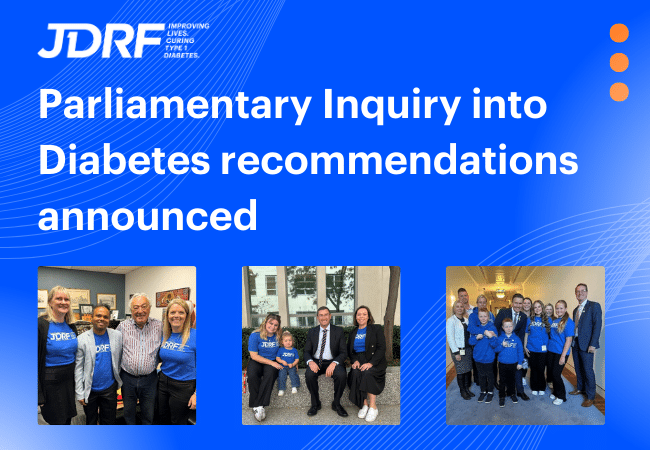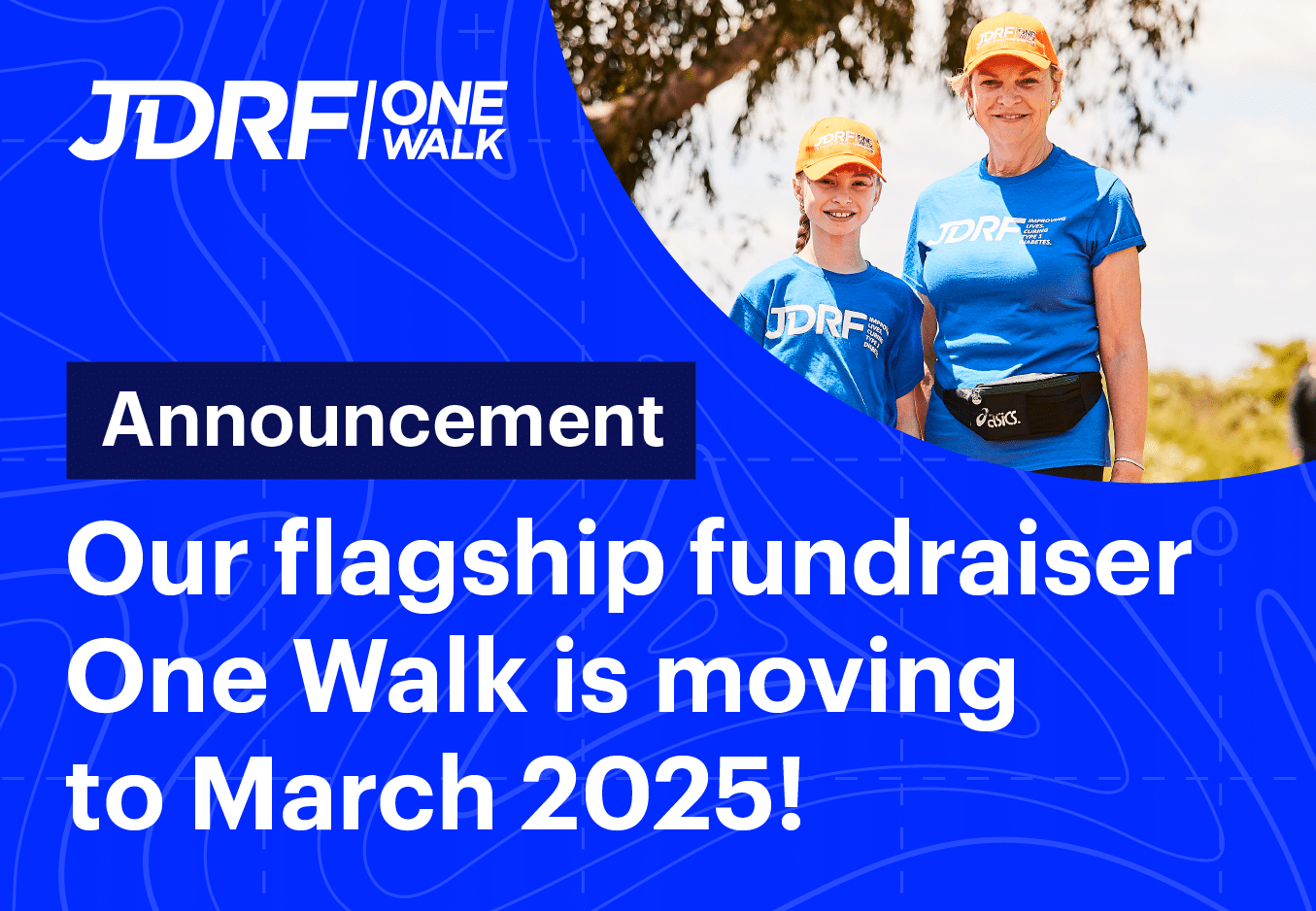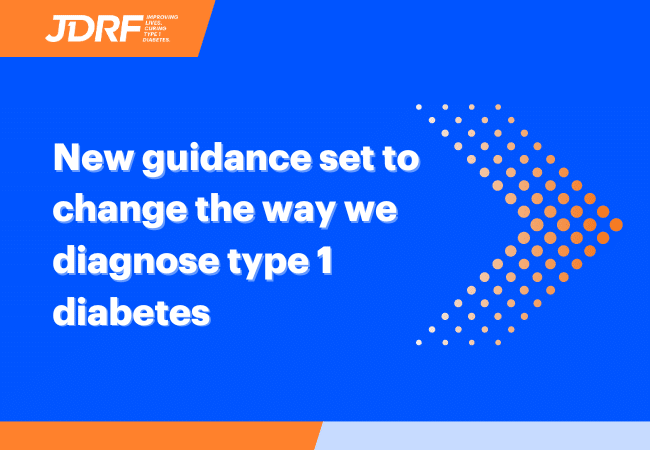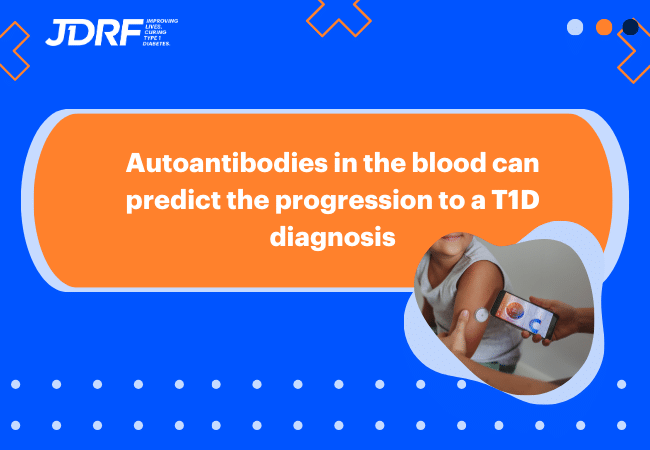Jenna and Giulia: ‘Mum’s been there from the second I was diagnosed’

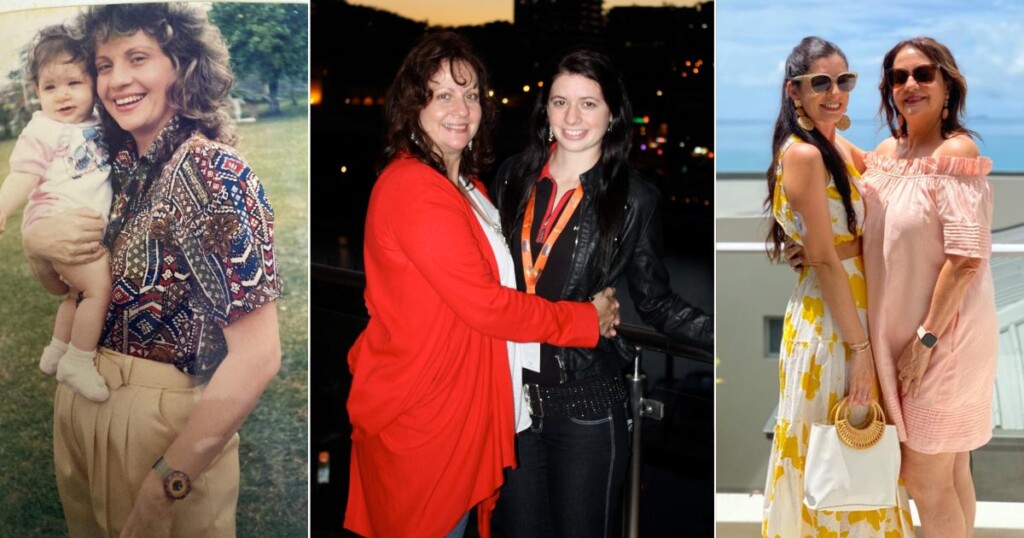
Jenna Cantamessa has been living with type 1 diabetes (T1D) since she was a young adult. At 30, she’s now a Young Leader in Diabetes for the International Diabetes Foundation, and runs the popular @TypeOneVibes Instagram account. Her mother Giulia was with her when she was diagnosed with type 1, and has been her biggest cheerleader since. They share their stories.
(Top images: Giulia with baby Jenna; the mum and daughter a year before Jenna’s diagnosis; Jenna and Giulia now)
Jenna’s story
I had very little knowledge on diabetes before I was diagnosed. My former partner’s mother had T1D and I knew that she gave herself injections every day because her pancreas didn’t work, but that’s about the extent of knowledge I had.
I was 19 when I was studying for exams for my Bachelor of Business, and I was experiencing a lot of stress unrelated to that too. That’s when I started to notice I was losing a significant amount of hair.
Mum and I would talk daily, and I told her about my hair loss. We’ve always been a very close family – Mum and Dad live in Ingham and I live in Townsville about 90 minutes away, but back then I used to drive back from Townsville to Ingham most weekends to be with my family on the farm. We kept track of the hair loss and a few weeks later Mum said, “Well, I think we should go to the doctor and get it checked.” Our family GP was away so I booked in to see another doctor. He thought I might have low iron, so we did some blood tests.
Mum and I went in to get the results and the doctor said, “Your bloods are all good. But you’ve got diabetes.” We were in shock and all that came out of our mouths was, “WHAT?” We weren’t scheduled in to see a nurse and I wasn’t admitted to hospital so we just drove home. I was a mess, and I could see Mum trying to hold it together for me. I locked myself in the bathroom after having my first injection, and Mum came to the door and said, “If I could take this off you and have it myself I would, darling. I’m so sorry.”
That same day, Mum raced to the pharmacy and told them I’d just been diagnosed with type 1 diabetes, and to get her all the supplies that I’d need. She came home with two bags full of diabetes equipment, like a blood glucose testing kit, insulin, injections, pen tips, sharps containers, a glucagon kit, jelly beans – you name it, everything I needed to start the journey.
To this day, Mum still gets the majority of my supplies. She always does what she can to make things easier for me by trying to take some of the burden and stress off me. When she comes to visit she’ll come with my Omnipods, Dexcoms, all of it. Up until three years ago Mum and Dad were helping out with the costs of my CGMs because they weren’t subsidised for me. They’d always say, “We’ll do whatever we can to keep you safe and healthy.” That was huge relief for me, and I’m so grateful for them.
Mum hasn’t ever really talked about her own worries about my diabetes with me. She would always say, “I’m so proud of what you’ve done and how you’ve handled all this.” Sometimes when she sees me inserting a CGM or a Pod and I get one that might be painful, I can see in her eyes that she gets upset. But she’s always filled that support role for me. Every time I come back from an overseas trip my levels will sit that bit higher, because I’ve been out of my routine, and she’ll be the one who reminds me, “Yes, but remember, they’re always higher when you come back from holidays.”
I always speak of the silver linings of having diabetes. I started my @typeonevibes Instagram account because I knew I could learn a lot more from people who were actually living with diabetes, rather than the CDEs and endos who didn’t live with it themselves. You learn so much more from people’s lived experiences. And because I have a graphic design background, I started doing diabetes-related drawings, which were well received by the online diabetes community. Since then, diabetes has opened the door to so many opportunities for me. It’s never limited me or stopped me from doing anything I wanted to do, but it does requires more organisation and preparedness. And if you’ve got a really supportive network around you that’s a huge thing.
View this post on Instagram
Since recently turning 30 I’ve been having more conversations with Mum around pregnancy and diabetes. As any parent does, she loves the thought of grandkids but has always said, “I’ll never push you into something like that, it’s your life. You need to do what’s best for you.” She’s always just known the right things to say when the going gets tough.
Mum’s intentions have always come from a good place. The older I get the more I realise that in this world you’re very lucky if you have supportive parents in your life. I think that’s important for young people to keep in mind, especially children and teens who may feel like their parents are smothering them with their diabetes care. Unfortunately diabetes doesn’t provide a win/win situation, and you really need to actively work on accepting your condition as part of your life. Your parents are trying their absolute best to help you avoid complications as a result of living with diabetes down the track – and I can appreciate that.
Giulia’s story
I went to see the doctor with Jenna to get her blood test results, and we weren’t expecting to hear anything about diabetes. I went in thinking, “Okay, it’s low iron levels, we can rectify that.” When the doctor said it’s type 1 diabetes, I was just numb. He wasn’t very empathetic at all and didn’t provide us with the education we needed there and then on the condition.
The whole family was in shock, but of course it was Jenna who had to face it. I knew we had no other option but to push forward and all be there to support her.
Jenna’s previous partner’s mother [who lived with T1D] was the first person I contacted, and she came over that night. She was a godsend, and she was the one who helped Jenna give herself her first injection. Thankfully I knew a lady in Ingham who was a diabetes educator, and I called her the next day. She got us in to see the diabetes clinic in Townsville the following week.
I did so much reading online to learn about it all, but of course Dr Google does show worst case scenarios. I never talked to Jenna about the fears I then had because I didn’t want to stress her – or me – with the negative outlooks on diabetes. I knew that if she did her best to look after herself, she could live a very normal life.
Jenna has always been a very strong young lady with sheer determination. She was never embarrassed about her diagnosis. If she had to do injections in front of people, she didn’t really care, because she’d say, “It’s not something to be ashamed of, it’s a condition I’ve got. And if I’ve got to inject myself in front of other people I will, because it’s not something that I’ve asked for.” I’ve always been proud of her for that, because not many people her age would have been comfortable in doing that.
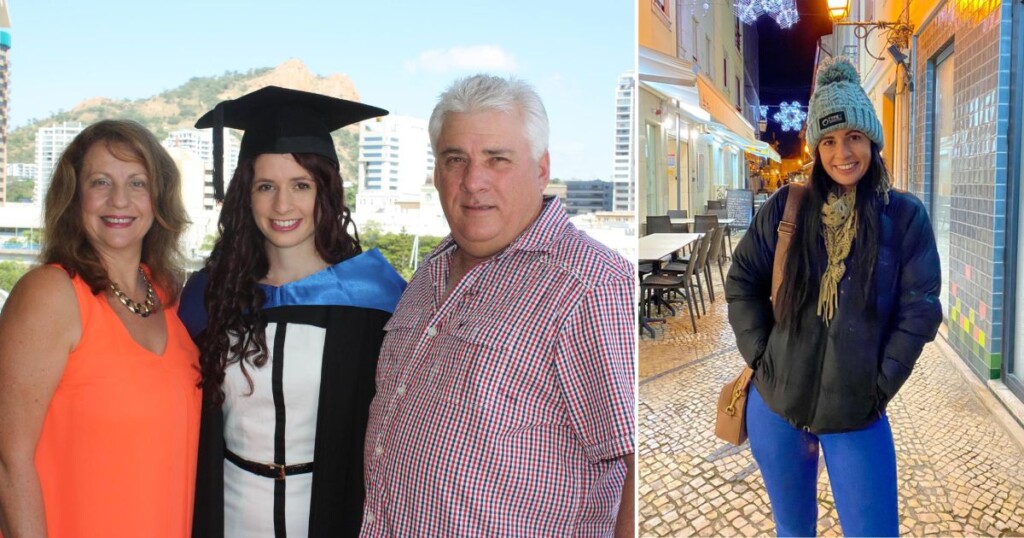
(Images: Jenna with her parents at her university graduation; Jenna in Lisbon for the Young Leaders in Diabetes Training Summit in 2022.)
Jenna was diagnosed at 19 so she wasn’t a child and wasn’t reliant on us to help manage her diabetes. She had to learn to manage it herself. And I really couldn’t be in Townsville as much as I would have liked to. Originally, in the first three or four years, I was really onto it, because it was new to her, and new to me. I’ve always been very – well, I wouldn’t say over-protective, but I do worry about my daughters. But over the years I’ve taken a step back. We still talk every day – normally she’ll give me a call on the way home or on the way to work. Unless Jenna brings it up, we don’t really talk about diabetes anymore. I’ve learnt to not ask diabetes-related questions every time I talk to her, but I do always make sure she’s doing okay.
Jenna loves doing a lot of travelling, and I’ve always encouraged her to do it. The last thing I wanted was for her to think she was bound to staying home because of the condition. When she does travel overseas I make sure she’s got all the scripts, medication, all the jellybeans, you name it – anything I can do to help ease the chaos for her.
As parents we’re very supportive and try to understand Jenna’s life with diabetes, but because we don’t have it ourselves, it’s difficult to understand exactly what she’s going through. The support she’s gotten through her Instagram page has been a way for her to communicate with people living with diabetes all around the world. She’s always had a creative flare and she expresses herself through her art that she shares on her Instagram account. Diabetes has made her into such a strong person and an advocate for people living with type 1 diabetes. It’s a rewarding feeling for her. I’m proud she’s taken such a tough diagnosis and turned it into something so positive.
My advice to other mums or parents of young people living with diabetes would be to just let them be, but be supportive. If you can see that they’re doing their best to look after themselves it puts you at ease, but if you see them struggling, ask if they need support and help them get it. Like I always say to Jenna, the sky’s the limit.
NEXT: Read about Stacey and Adam, parents to Georgia, who was diagnosed with type 1 at 10 months.
Do you know an adult who has been diagnosed with T1D – or maybe you live with it yourself? Download our free guide for adults living with T1D for practical information and advice on travel, work, your social life, and more.

